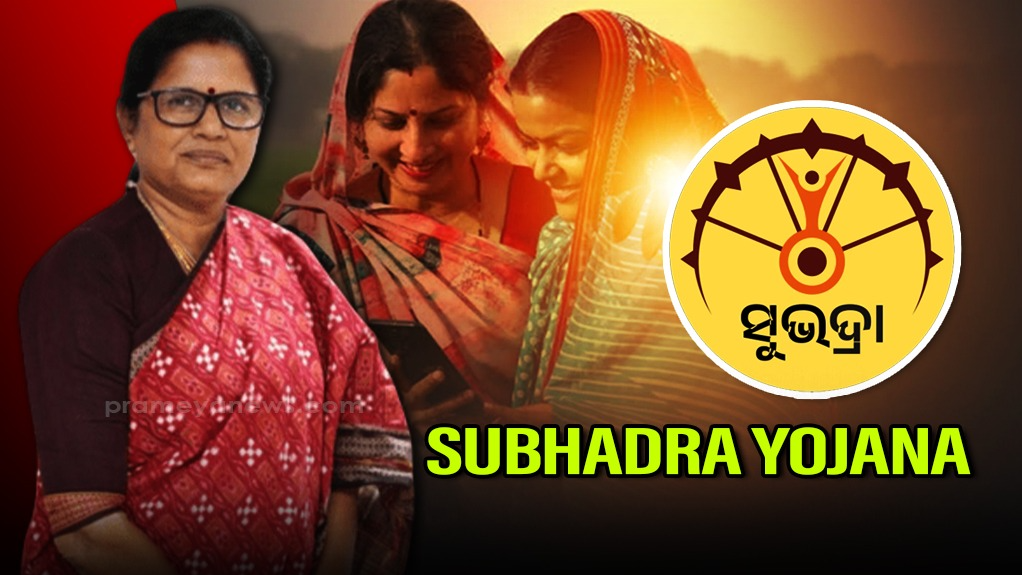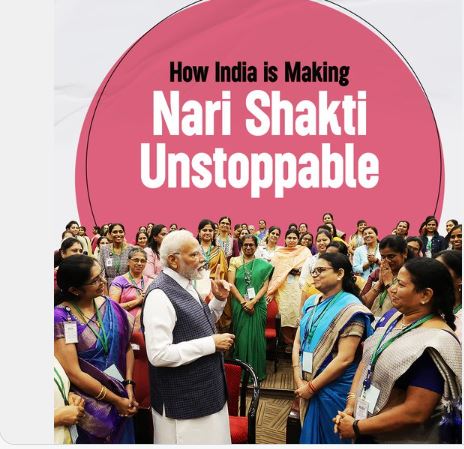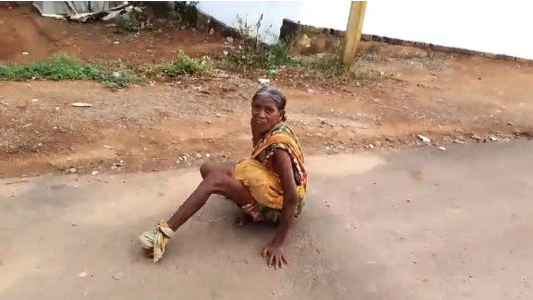Republic Day: Can We Reclaim Our History & Heritage?
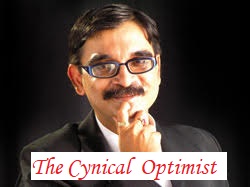
By Sutanu Guru Executive Director, C-Voter Research Foundation So it is an unusual way of celebrating the Republic Day this year. The celebrations started three days prior to the actual date, January 26 on January 23, 2022. That is the birth anniversary of Netaji Subhash Bose, the legendary freedom fighter and founder of the Azad Hind Fauz which actually fought military battles with the British. As usual, there seems to be a lot of politics and politicking around the decision with partisan sides accusing each other of: what else but partisanship! This author is not interested in the politics. But this author did pause and think: have we properly remembered and celebrated our history and heritage as arguably the oldest living and surviving civilisation of the world? That question should bother us more than politicians and their followers abusing each other on social media platforms. My personal journey as a student possibly captures what virtually all young Indians go through when it comes to losing touch with their own history and heritage. I was a student of Kendriya Vidyalaya, Bhubaneswar in my school days. The only history of Odisha that I knew was how Emperor Ashoka had invaded Kalinga more than 2000 years ago, killed tens of thousands and embraced Buddhism as a gesture of remorse and redemption. When I was in about class 7th, an uncle took me on Kartik Purnima to Cuttack to witness what he called the Bali Yatra. I was told as tiny glittering boats festooned with lamps floated down the river Mahanadi that sailors in ancient Odisha used to travel across the seas to trade with people who lived in an island called Bali; now a part of Indonesia. I thought it was a mythological tale like Hanuman lifting and carrying off an entire mountain to fetch the life-saving medicine for Laxman. Much to my shame, I much later realised that virtually all the “stories” told to me that Kartik Purnima day about Bali Yatra were historically true. After school, I joined Ravenshaw College in Cuttack for the Inter Science course and knew virtually everything about how a generous British official Thomas Edward Ravenshaw helped found and fund the college. After two years, I joined BJB college in Bhubaneswar for graduation; and had not the faintest idea what BJB stood for. Nor was I interested. I took a transfer to Gangadhar Meher College in Sambalpur sometime later; and had not the faintest clue what GM stood for. Nor was I interested. It was after I went to Pune for my masters degree that I was provoked into both shame and curiosity. I marvelled at how proudly people of Pune remembered and talked about Shivaji and other greats from their state. I knew about Shivaji of course; but he was a minor player in the chapter on Aurangzeb in our history textbook. It was then that I started visiting libraries (Pune had plenty of them) and came to know about the armed Paika rebellion led by Buxi Jagabandhu Bidyadhar against the British in 1817; as also about what a great poet Gangadhar Meher was. All this was when Google and Wikipedia did not exist even in our imagination. Imagine how much today’s youngsters can learn about our history and heritage literally in minutes thanks to Google. They don’t need to be obsessed with it; just be aware of it. But if parents and teachers don’t encourage them, why would they? My sister is the Principal of one of the better schools of Delhi. A few years ago, we were casually discussing Aurangzeb ( A so called American “scholar” Audrey Truschke had written a biography virtually glorifying him and raised many hackles). Shivaji inevitably cropped up, as did the beheading of Sikh Guru Tegh Bahadur. I asked my sister if she had ever heard of a name called Lachit Borphukan who also lived and fought in those days gone by. She hadn’t. My niece promptly went to Google on her smartphone and rattled off the details. He was the military commander of the Ahoms of modern-day Assam who inflicted such a defeat on the army of Emperor Aurangzeb in the famous battle of Saraighat (near modern day Guwahati) that the Mughals never went back to north East India. The funny thing is, I have met some “well educated” Assamese folks in Delhi who are as ignorant as my sister was. For our generation, the “valid” excuse was that if history books didn’t have a single word on these events and personalities, from where were we supposed to learn? But it had taken my niece just about 180 seconds on her smartphone to learn the details of Lachit Borphukan. Such examples abound in every corner of India, teeming with untold and forgotten tales of valour, sacrifice, good, evil and much more. Some restoration of balance is being attempted in recent times. For example, till the best selling author Amish wrote the book Legend of Suheldev: The King who Saved India, this author had known about the name only from stories about caste politics in Uttar Pradesh where different backward castes claimed him as their own. It was only through the book that I came to know much more. About how he, a sub-altern ruler was moved and heartbroken by the destruction of the Somnath Temple by the army led by Mahmood Ghazni. It was King Suheldev who forged then unlikely alliances and militarily crushed the Turkic army of Ghazni. For those who think Amish is the polished and polite face of the newly emergent virulent Hindutva, the book describes in detail how numerous local “Indian” Muslims of that era allied with Suheldev during the decisive battle. The obvious question is: why didn’t we learn any of this in our history books. In fact, our school history books still don’t talk about these events and personalities. The blame squarely lies with a generation or two of “Marxist” historians who wrote the history of ancient, medieval and modern India to cater to their ideology and world view. But what’s the point now in fighting pitched and hysterical partisan political battles over that? All we then do is inject “history into politics” while our Marxist historians injected “politics into history”. This Republic Day, let us remember Subhash Chandra Bose (most history students in Delhi don’t know he was born in Cuttack!). But more importantly, let us come together collectively as Indians to reclaim our history and heritage. We can learn a lesson or two from Indonesia which is overwhelmingly Muslim with Hindus accounting for less than 2% of the population. And yet, it had banknotes with images of Lord Ganesha and it still celebrates the legend of Ramayana every year. About the Author: After his masters degree in economics, Sutanu Guru has been a journalist for more than 30 years in media outlets like Times of India, Economic Times, Business Today, Business World, Business India & others. Currently, he focuses more on research and writing. DISCLAIMER This is the personal opinion of the author. The views expressed in this write up have nothing to do with those of prameyanews.com
Latest News
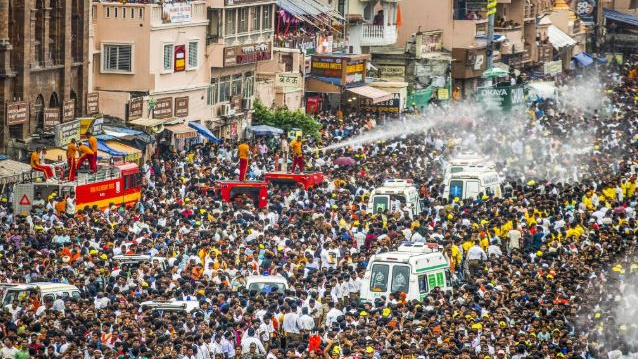
Puri Rath Yatra stampede: Administrative probe...
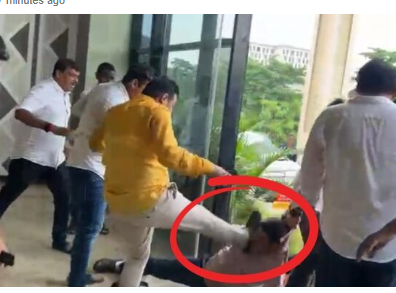
OAS officers to go on mass leave from tomorrow...
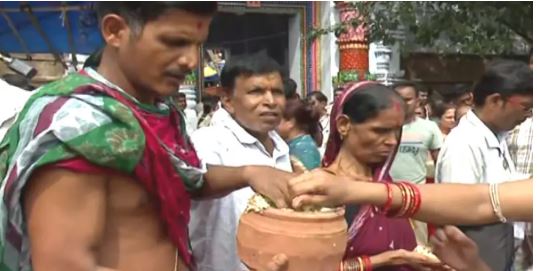
Puri Rath Yatra: 1st Adapa Mandap Mahaprasad p...
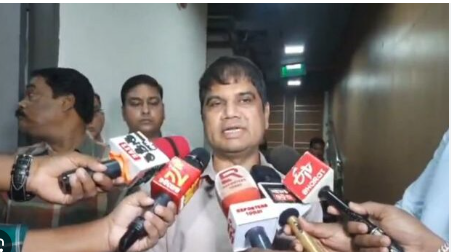
OAS Association denounces attack on BMC Additi...
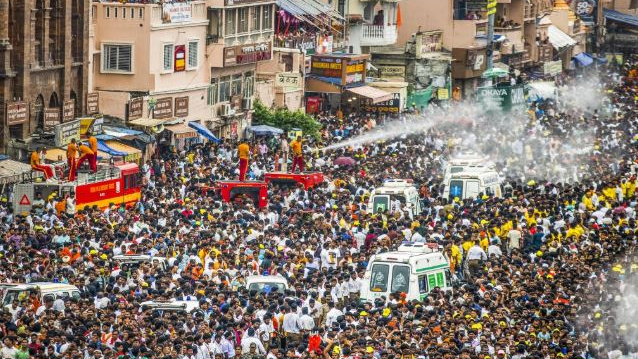
Puri Rath Yatra stampede: OSHRC issues notice...

The Sacred Adapa Darshan at Gundicha Temple to...
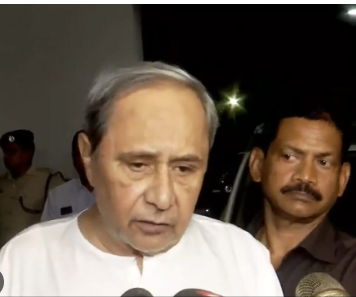
Naveen Patnaik condemns brutal assault on BMC...
Copyright © 2024 - Summa Real Media Private Limited. All Rights Reserved.













